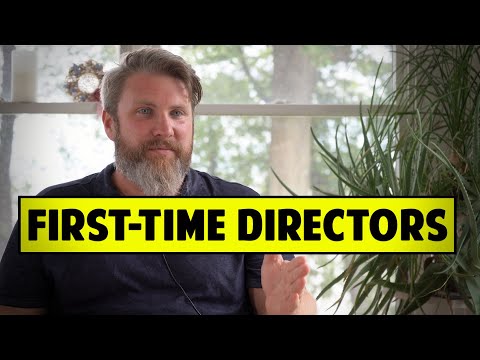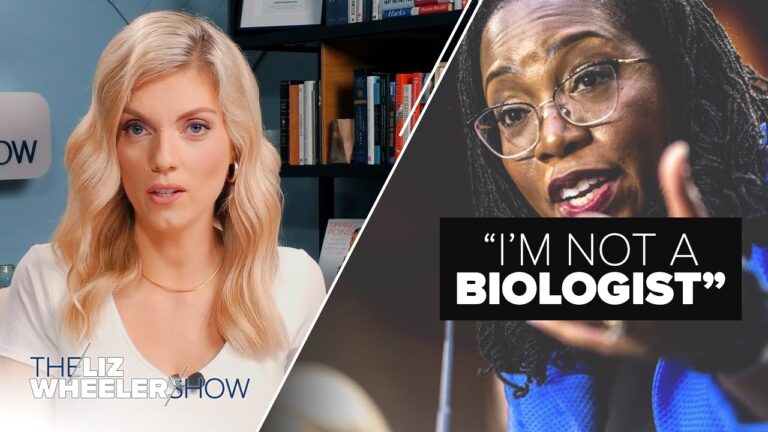Unleash Your Creative Vision: TV Director Job Description and Salary
Television Director Job Description
A Television Director is responsible for overseeing the creative and technical aspects of television productions. They work closely with producers, writers, and actors to ensure that the vision of the show is achieved.
The Television Director is involved in every stage of production, from pre-production to post-production. They collaborate with the production team to develop the show’s concept, create a shooting schedule, and hire the necessary crew members. During filming, they direct the actors, make decisions about camera angles and shots, and ensure that the production stays on schedule. In post-production, they work closely with the editors to achieve the desired final product.
Television Directors must have a strong creative vision and excellent leadership skills. They must be able to communicate their ideas effectively and work well under pressure. Attention to detail and the ability to multitask are also essential in this role.
Television Director Salary
The salary of a Television Director can vary depending on factors such as experience, location, and the size of the production. According to the Bureau of Labor Statistics, the median annual wage for directors in the motion picture and video industry was $74,420 as of May 2020. However, it’s important to note that salaries can range significantly, with some experienced directors earning six-figure incomes.
In addition to base salaries, Television Directors may also receive bonuses or profit sharing depending on the success of the show. Additionally, those working on high-budget productions or in major cities may earn higher salaries compared to those working on smaller projects or in less populated areas. Overall, the salary of a Television Director can be lucrative, especially for those who have established themselves in the industry.

Television Director Job Description Template
Television Director Job Description
A television director is a key creative and technical professional responsible for overseeing the production of television programs. They work closely with producers, writers, and other members of the production team to ensure that the vision of the program is realized on screen.
Responsibilities:
– Collaborating with the producer and other key stakeholders to develop the creative concept and vision for the program.
– Creating a detailed production plan, including scheduling, budgeting, and resource allocation.
– Directing and guiding the actors and crew during rehearsals and on set to achieve the desired performances and shots.
– Making creative decisions regarding camera angles, lighting, set design, and other visual elements to enhance the storytelling.
– Working closely with the editor in post-production to ensure the final product meets the intended vision.
– Managing the overall production process, including overseeing technical aspects such as sound, special effects, and visual effects.
– Ensuring adherence to safety protocols and legal requirements on set.
– Keeping up-to-date with industry trends and new technologies to enhance the quality of productions.
Skills:
– Creativity: Television directors need to have a strong creative vision and the ability to translate ideas into compelling visuals.
– Leadership: They must possess excellent leadership skills to effectively communicate their vision to the cast and crew and motivate them to achieve the desired results.
– Technical knowledge: A good understanding of camera operations, lighting techniques, sound recording, and post-production processes is essential.
– Time management: Television directors must be highly organized and able to manage multiple tasks and deadlines simultaneously.
– Collaboration: They should have strong interpersonal skills and be able to work effectively with a diverse group of professionals to achieve a common goal.
– Problem-solving: The ability to think quickly and find solutions to unexpected challenges that may arise during production is crucial.
Overall, television directors play a critical role in the production of television programs, bringing together various creative elements to create engaging and entertaining content for viewers.
Television Director Responsibilities
Television Director Requirements
How Much Does A Television Director Make?
Television Director Salary
| Experience Level | Average Annual Salary |
|---|---|
| Entry level | $45,000 – $70,000 |
| Mid-career | $70,000 – $100,000 |
| Experienced | $100,000 – $150,000 |
| Senior | $150,000 – $250,000 |
A television director is responsible for overseeing the creative and technical aspects of television productions. They work closely with producers, writers, and actors to bring a vision to life on screen. The salary of a television director can vary depending on factors such as experience level, the size of the production, and the location. Entry-level directors typically earn between $45,000 and $70,000 per year, while those with more experience can earn up to $250,000 or more annually. It is important to note that these figures are averages and can vary significantly.
Television Director Salaries by Country
Top Paying Countries for Television Director
| Country | Average Salary (USD) |
|---|---|
| United States | $98,000 |
| United Kingdom | $81,000 |
| Australia | $78,000 |
| Canada | $75,000 |
| Germany | $72,000 |
In the field of television directing, different countries offer varying salary levels. The top paying countries for television directors include the United States, where the average salary is $98,000 per year. Following closely is the United Kingdom, with an average salary of $81,000. Australia, Canada, and Germany also provide competitive salaries for television directors, ranging from $72,000 to $78,000. These figures reflect the demand and financial investment in the television industry in each respective country. Television directors in these countries can expect rewarding compensation for their creative work and expertise.
A video on the topic Television Director
Interview Questions for Television Director
1. What is the role of a television director?
A television director is responsible for overseeing the creative and technical aspects of a television production. They work closely with the production team to ensure the vision of the show is executed effectively.
2. What skills are necessary to be a successful television director?
Successful television directors need strong communication and leadership skills. They should also have a deep understanding of camera work, lighting, editing, and storytelling techniques.
3. How do you prepare for a television directing job?
To prepare for a television directing job, I thoroughly study the script, create shot lists and storyboards, and collaborate with other members of the production team to ensure a cohesive vision for the show.
4. How do you handle difficult actors or crew members on set?
When dealing with difficult actors or crew members, I believe in open and honest communication. I try to understand their concerns or issues and find a solution that works for everyone. Building a positive and collaborative work environment is crucial.
5. Can you give an example of a challenging situation you faced as a television director and how you resolved it?
One challenging situation I faced as a television director was during a live broadcast when a technical error caused the audio to cut out. I quickly communicated with the audio team and made the decision to switch to backup audio sources until the issue was resolved. This allowed the show to continue without major disruptions.
6. How do you ensure the overall visual style of a television show is maintained?
To ensure the overall visual style of a television show is maintained, I work closely with the cinematographer and set designers. We establish a clear visual language and consistently monitor the framing, lighting, and set design to ensure it aligns with the show’s aesthetic.
7. How do you approach working with a new crew on a television production?
When working with a new crew on a television production, I take the time to introduce myself and establish open lines of communication. I listen to their ideas and experiences and encourage collaboration. Building a strong rapport and fostering a positive work environment is essential for a successful production.
8. How do you handle time constraints and tight deadlines in television production?
Time constraints and tight deadlines are common in television production. To handle them, I prioritize tasks and create a detailed production schedule. I also ensure effective communication and coordination among the crew to maximize efficiency and meet deadlines.
9. How do you stay updated with the latest television directing techniques and technology?
To stay updated with the latest television directing techniques and technology, I regularly attend workshops, seminars, and industry conferences. I also read industry publications and stay connected with fellow directors to exchange ideas and learn from their experiences.
10. What are some key qualities that make a great television director?
Some key qualities that make a great television director are strong leadership skills, creativity, adaptability, and the ability to work well under pressure. A great director also understands the importance of collaboration and creating a positive working environment for the entire production team.






